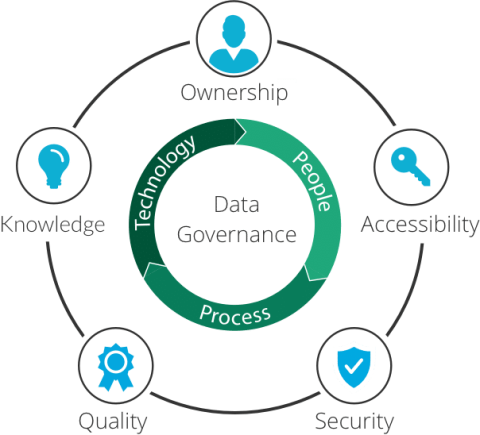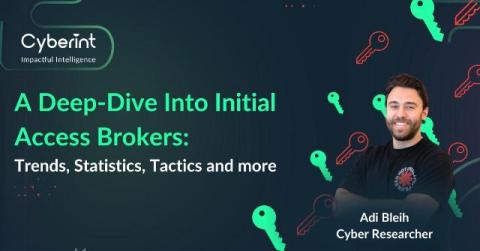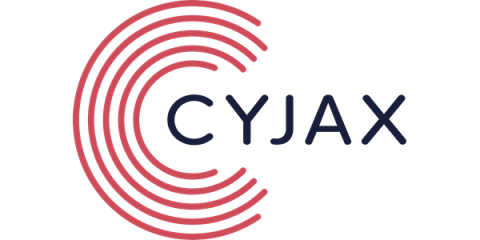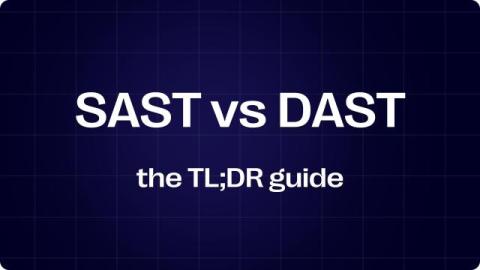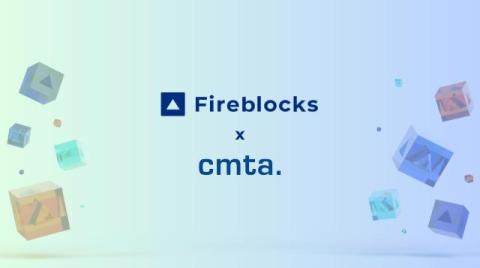API Attack Surface: How to secure it and why it matters
Managing an organization’s attack surface is a complex problem involving asset discovery, vulnerability analysis, and continuous monitoring. There are multiple well-defined solutions to secure the attack surface, such as extended detection and response (EDR or XDR), security information & event management (SIEM), and security orchestration, automation & response (SOAR); despite that, these tools often do not prioritize APIs.





